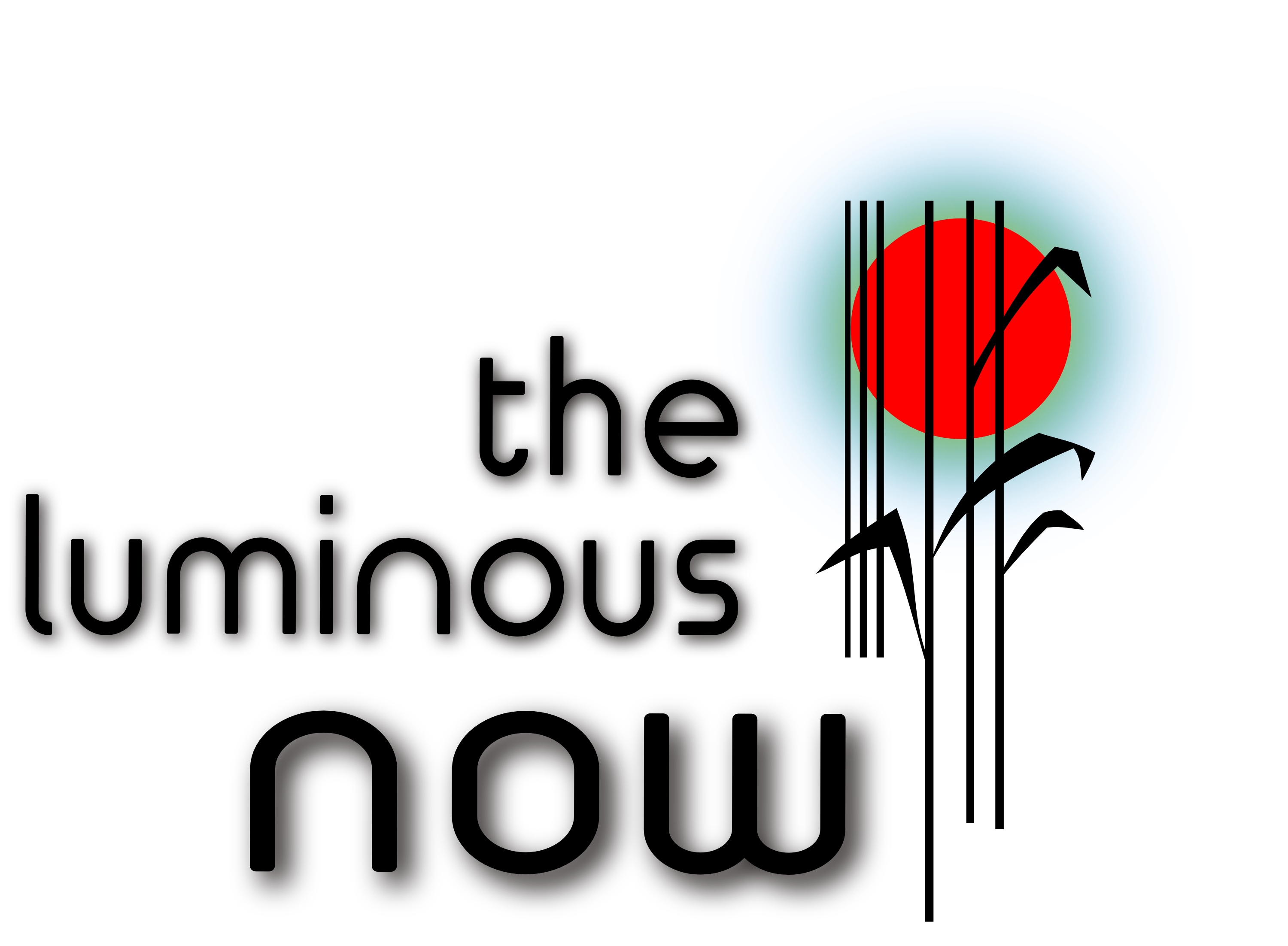Walking In Your Shoes®
If you could walk in my shoes,
You would see, I paid my dues,
I worked hard my whole life through,
Even though, I no longer do.
You would see how hard I tried.
You would see how hard I cried.
Can’t you see my condition is real,
Even though you can’t see what I feel.
Manuela McPhee (5/23/2009, excerpt)
So what is Walking- In-Your-Shoes® (WIYS)?
It is a phenomenological body/mind approach to self-healing, integration, inner growth and much more. Phenomenological simply means that we are working with what arises in the moment and are less concerned about the underlaying story or the history. WIYS is a highly effective and illuminating way to have a family member, colleague, animal, illness, creative project, helpful archetype, or personal issue revealed in great depth, with safety and compassion.
Below you’ll find some key aspects of the method – just to give you an idea about its potential – including areas in which it is most widely used. The sections “The Approach in General”, “The Actual Walk”, and “The Founders” are providing more details, including a brief description on how the work is generally done. The method keeps evolving rapidly, so new ways in how it is used and more areas it can be utilized for are emerging frequently.
If this sparks your curiosity, if it touches your interest, then I’m more than happy to share more details with you. Even better, let me introduce you to the method. What’s the wait – Get in touch!
Through Walking To

- In WIYS understanding is not derived from mental activity but from a form of embodyment, which includes movement. In a unique way, one is ‘walking’ in someone else’s shoes, which is what gave the method its name.
- In WIYS the expression of our body through movement is not confined by any form/style and it is important to let go of preconcieved notions on how our body should move. We give the Walk a clear intention (such as to be another person) and pay close attention to what starts to reveal itself, to that which is arising in our body. During the entire process we are ‘in resonance’ or are ‘perceiving information’ and are expressing it through our body. The process brings forth previously unknown information, leading us to new insights and to a deeper understanding of the subject we are exploring.
- To reflect how much this work has expanded in its depth and breadth, some faciliators are now refering to it as “Resonance Work”. We can be in resonance with another person, an eagle, or even a mountain. In a similiar way, everything has at least some degree of consciousness, which we can embody. With kudos to a friend of mine, I like to refer to the work mostly as “Embodying Consciousness”.
Discovering New

- How are we limiting ourselves in what we seek to accomplish or the risks we are willing to take? What’s in the way to be able to see all the options and resources available to us? Is it an unconscious believe system, negative self images, ancestral loyalties, (trans-generational) trauma, a hurting inner child or perhaps soul contracts? As you can see, there can be many reasons why we are not aware of the almost limitless options we so often have, with our usual sense of self looking at it all from a place of scarcity. Even if we are aware though, we might not be resourced enough to choose and persue these options.
- WIYS is a powerful tool to re-/discover the tremendous possibilities life is presenting to us – for our professions, projects, relationships and more. It enables us to see our “habitual horizon” and the ways we are limiting ourselves. It helps us to re-/connect to our inner resources and from there to use our free will to go after what we truly want.
- Together we can discover a path where you never thought one to be.
Igniting Capacities For

- Healing can happen on many different levels, physically, mentally/emotionally, psychologically, and spiritually. What’s more often in the way of our healing than anything else is us! Have you ever heard of ‘secondary gain’? It is a powerful force (or part) within which prefers for us to remain ill (or to remain in some other non-optimal state). Why? Because it deems the gain from the illness/state more valuable than not being sick or to be in another state. In the case of illness this could be to receive loving care, to be seen, or having permission to stay at home. It can be a huge saboteur of any healing process.
- WIYS is a powerful tool which allows us to recognize what might be in the way of our healing. It can also illuminate what the illness ‘has to say’, in other words, what does it perhaps want us to learn from it. It is pretty common that a soul chooses an illness for its growth, learning and maturation. Through a deep understanding and recognitation of what’s at play, we can facilitate a path to healing and ignite capacities which are already in place but dormant or in some other way not accessable.
- Ultimately, we are simply laying the groundwork for healing, while by grace higher forces will take care of the rest.
Cultivating

- There are four main pillars of WIYS which are mindfulness, intuitive movement, somatic resourcing and empathy. The latter is a capacity we all have to a certain degree, the ability to recognize and share the feelings of another person. How well or accurately we are able to tune into what someone else is feeling often depends on our own past experiences. If we are not a ‘natural’ empath, then -without this experience of our own- we often think we know what its like.
- Regardless on how familiar someone’s situation might look or feel like, it is always the very unique experience of this individual. WIYS is a wonderful method to ‘practice and cultivate’ empathy by putting ourselves into the shoes of someone else. Having this immediate, felt sense in your own body, without making any assumptions or following an old story, makes WIYS a powerful way to dive into the vastness of human experience.
- This is a nice article about empathy and there is a vast number of books available in case you’d like to dive deeper into this subject. Remember though, you can walk ‘it’!
The Bridge To

- We are strongly conditioned to see and experience ourselves and the world/our environment as inherently separate. Our mind constantly reifys reality, which means it’s turning everything -people, experiences, inner states etc- into objects. After these objects have been labeled, we can then want them or not, reject them, cling to and admire them, identfy with them and so forth. Now there can be a me, a you, the us versus them and each one of us being separate from nature and the world around us.
- We tend to emphasize much more that which makes us different than realizing how much we share and have in common. We are conscious Beings, Gaia is a conscious Being, all of nature is.
- On a very practical level, WIYS has been used for team building, to (re-) establish communication where it had broken down and to facilitate reconciliation. It can be a deep spiritual practice, leading to the experience of being the bridge to each other, and ultimately arriving at the Oneness of all there is. To use Joseph Culp’s words: “Can we be another? Yes! Because we already are”.
Untethering
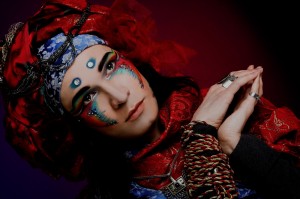
- At some point in our lives, we might run into the experience of a project or some endeavor stalling because we have no ideas on how to continue or what the next step needs to be. There is the story we’re writing which needs a villain we can’t come up with, the dance choreography which doesn’t meet our vision yet, the marketing campaign or product design that we are not getting anywhere with.
- With WIYS we can explore what might be blocking our creativity, or in other words, what’s in the way of our creative flow. Another approach is to simply walk your project, your choreography or the villain for your story etc. You might be surprised what is going to show up. Joseph Culp – the WIYS co-founder – has used it for decades to help actors, artists, writers etc to tune into what supports their work and make it flourish. His Walking Theatre Group is using it to develop characters, story lines and more.
Aligning With

- Similar to the issue with ‘possibilities’ not available to us, is living a life in shallow waters. What I mean by that is our tendency to settle into a comfort zone of safety, known routines, habits, a sense of familiarity and often conformity. Life can become stale and lukewarm -often without us even noticing- instead of exciting, joyfull, all the way to ecstatic and blissful. And so we keep turning the hamsterwheel of ‘work hard, play hard’ or some version of that.
- Things like limiting believes, old patterns & self-images, sometimes trauma, soul contracts, following the standard notion of separateness & dualism, loyalties to ancestors and more might be involved. We are mostly unconscious of these and other dynamics and some are sanctioned/reinforced by society: individualism, consumerism and other ‘-isms’.
- WIYS can help us to return home to our original depth and to go beyond what we think we might deserve or can achieve in this lifetime. Let us be moving towards ‘more life’ one step at a time.
A Different Kind Of
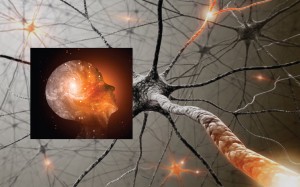
- Osho: “For listening, one needs a discipline of being silent, of being in the moment, of putting aside one’s mind with all its garbage – making a way for whatever you are listening to. If it is true, bells will start ringing in your heart; if it is not true, nothing will happen within you. This is a different kind of knowing: through the heart, not through the mind. This is the only true way that one can understand.” – [Osho, Zarathustra: A God That Can Dance, Ch.#5: Prologue]
- WIYS can lead us to a fresh knowing, one which arises from moment to moment, often unrecognized by our mind at first. This work is to a great deal an affair of the heart. Once a Walk has concluded, we use our mind intelligently to understand and integrate our experience. New insights might come into our awareness days or even weeks after. Welcome to A Different Kind of Knowing.

“Don’t judge someone until you have walked a mile in their moccasins.”
– Native American Wisdom
The Approach In General
Ways in which WIYS can support us:
- A deeper understanding of ourselves, our bodies, life and health issues, and our relationships with others.
- The facilitation of healing personal traumas, collective traumas, and other woundings.
- Tapping into and activating our potential and (creative) resources.
- Understanding another person better, such as a family member, relative, friend or colleague.
- Facilitating communication/reconciliation in a family or other group settings such as a class or team.
- Giving a voice to beings not having their own or which are expressing themselves in a way we don’t understand.
- Experiencing and cultivating a (much) deeper empathy with all beings and the world around us.
- … and more.
The Actual Walk (Group Setting)
Should I walk myself or have someone else walk for me?
Feel into what is right for you. Generally speaking you would do the walk yourself but occasionally it is better to have a representative do it for you. As the facilitator I will assist you to determine which way serves you best.
How long are walks?
Typically walks are somewhere between 20-30 minutes long, occasionally a little longer. Another great way of working is using timed walks which are about 10 minutes long and have shown to be very effective.
Can I walk … ?
You can walk (or have someone walk) yourself, loved ones, your boss, a neighbor, a person of public interest, an archetype, a fictional character, parts of your body, your blind-spot/calling/inner child/longing/next step, projects, relationships (to people, to money, etc), political systems, the environment, countries and much more.
And what about …?
A walk is an energetic experience, felt in your body and expressed through it. So if you’d like an answer to the question “How much money should I invest in company X?”, a walk will not give you a numerical answer. There are ways though to still explore the subject via a Walk. The motivation for a walk comes from the heart and is with a benevolent intent. I reserve the right to decline any walk which seems ill intended.
Any other questions?
Just go to contact and send if off to me.
The Founders
Dr. John Cogswell
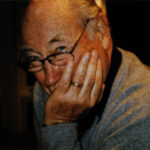
John F. Cogswell, Ph.D. was a clinical psychologist who began his adult career as chief psychologist at the Brattleboro Retreat in Vermont. In 1959, he became a senior research leader at Systems Development Corporation in Santa Monica, CA. From 1965-1968, under the tutelage of James FT Bugental, Ph.D., he experienced humanistic existential psychotherapy, and later studied Jungian and Bioenergetic psychotherapy.Through 1982-2002 he received empowerments and training with the Tibetan lamas and took his Bodhisattva vows with the Venerable Gyatrul Rinpoche. In 1993 he published an article in the Journal of Humanistic Psychology entitled “Walking in Your Shoes™: Towards Integrating A Sense of Self with A Sense of Oneness”. For the past 15 years he has continued to research and develop this transpersonal process with professional colleagues and patients.
Joseph Culp
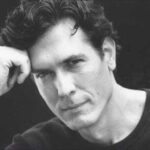
Joseph Culp – actor, writer and director – co-founded Walking-In-Your-Shoes™ with John Cogswell, Ph.D. in Los Angeles during the late-eighties. In 1986 he began working with Dr. Cogswell exploring the use of this “Body/Mind” approach. Seeing the possibilities for both psychotherapy and performing arts, they began an experimental research group comprised of some of Culp’s fellow actors.By 1990 Culp and Cogswell had formed a second group to study the effects of WIYS, this time putting performers and therapists together for their reciprocal abilities: Performers were willing to use their bodies and emotions freely, while therapists had been trained to be observant of psychological effects and healing benefits.Inspired by their findings, Culp formed the Walking Theatre Group in 1992 to work specifically with actors, writers and directors using the Walking-In-Your-Shoes™ process. In a workshop format, members were trained to apply the method to their needs as performing artists: Actors could walk characters, writers could walk their own work, and director’s could gain deeper insight and facilitate their vision through the highly effective process. By using the group and doing multiple ‘walks’ of people and characters, the members found deeper levels of humanity that could further inspire their individual work and any project as a whole. It was in this period that Culp refined WIYS for training purposes by creating repeatable ‘guidelines’ that would lead trainees into WIYS with the most freedom, truth and benefit.
